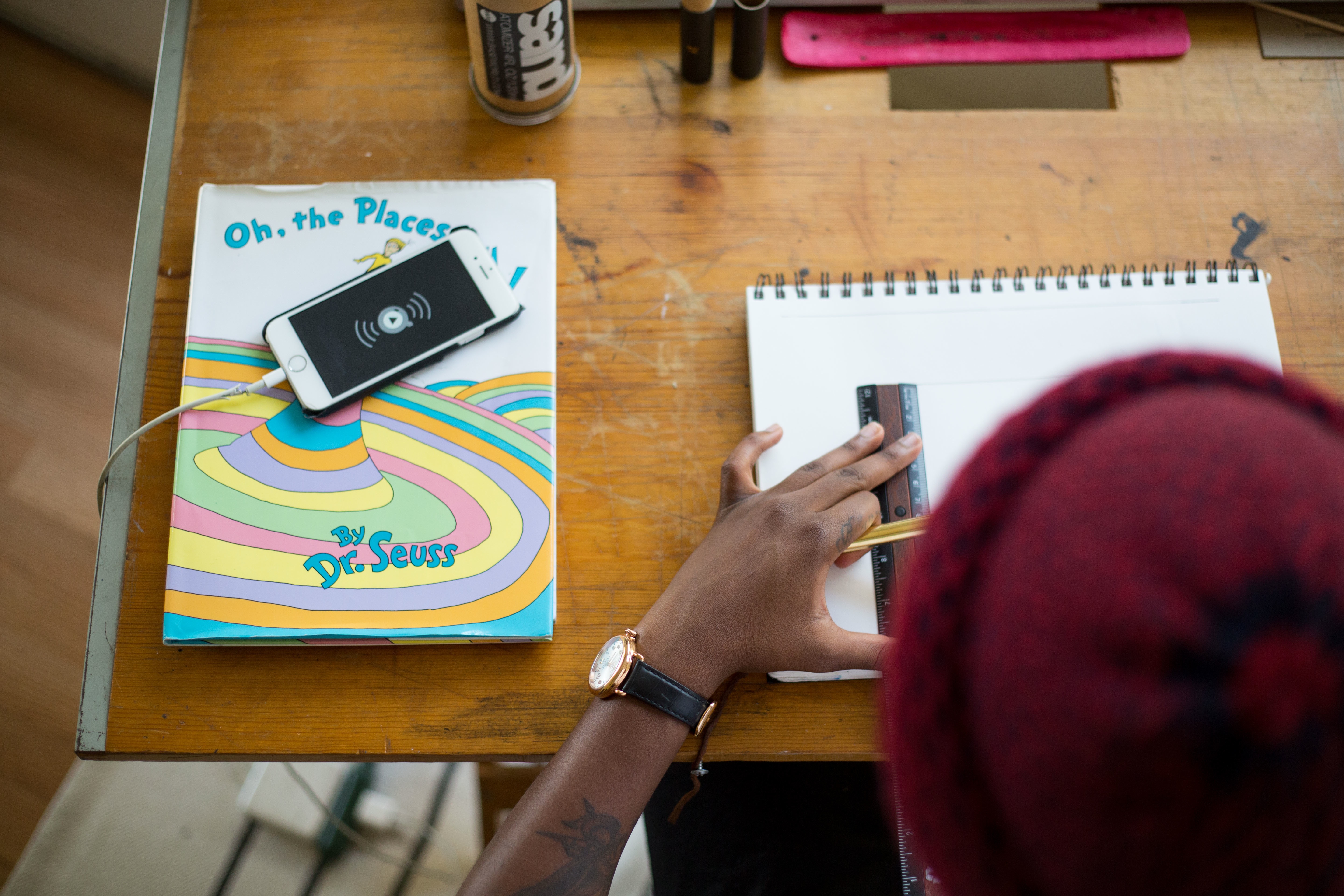You have no idea who you are impacting.
I had a conversation with a teenager the other day. She was fairly certain the information she read online about the birth control pill was incorrect. I assured her it was. She had read, along with her friends, that the birth control pill could make you smarter.
So, first things first – wanting to be smart is good. Thinking you are not smart enough is not so good.
With all of the media hubbub about how false news on social media sites, like Facebook, may have influenced the United States presidential election, I h ave to admit I had not considered the impact of false media on our youth. I had not considered what they would be exposed to, or that they would read things they don’t know are untrue. Even though I am a well-versed woman in my 40’s, I too get caught up in the fever of ‘news’ and sometimes re-post or believe things that are false. Our youth, although far more tech savvy than I likely know, may not have the same stop points older generations do, which cause us to consider the validity of what we are reading or hearing. Because of this, youth may believe taking the birth control pill will indeed make them smarter. Now you might be thinking, “That is harmless, the worst thing that can happen is they take the pill and believe they are smarter when they are not.” But is that the worst thing?
ave to admit I had not considered the impact of false media on our youth. I had not considered what they would be exposed to, or that they would read things they don’t know are untrue. Even though I am a well-versed woman in my 40’s, I too get caught up in the fever of ‘news’ and sometimes re-post or believe things that are false. Our youth, although far more tech savvy than I likely know, may not have the same stop points older generations do, which cause us to consider the validity of what we are reading or hearing. Because of this, youth may believe taking the birth control pill will indeed make them smarter. Now you might be thinking, “That is harmless, the worst thing that can happen is they take the pill and believe they are smarter when they are not.” But is that the worst thing?
Is that the worst possible outcome? Or is it that they share that falsehood with others, and also continue to believe other things they read on the World Wide Web because, well, that was true, so isn’t this true? Or is this true? The opportunity to influence our youth, not for the better, is mammoth in my opinion. Think about how information travels among teenagers and at what speed. There are hundreds of stories about sexting or sharing nude photos that go viral among groups, schools, or towns.
Here is my question; do you really think about the impact of what you are posting, tweeting, or saying? Do you misrepresent the facts to support your views, fears, or belief system without considering what effect it could have? After you post it, where does it go? Who could be harmed by it?
What about things you didn’t know were happening with your posts, shares, or tweets? For example, I liked an article on Facebook that could have been, maybe, construed in an unfavourable way. I didn’t share it. But, when a friend of mine commented on how much she liked it I queried how she knew that I had favoured it. That is when I learned the things I like or save, are also shared whether or not I share them myself. Call me naïve, call me irresponsible for not fully understanding the social media I use, you would be right on bo th accounts. Do we accept that we may be sharing information we are completely unaware that we are sharing?
th accounts. Do we accept that we may be sharing information we are completely unaware that we are sharing?
I post, repost, tweet, and do all kinds of things that I have not considered the long-term impacts of. I am sorry.
This blog is not meant to be a lesson in social media. That said, all of this did cause me to wonder about what we are creating without intention. What are we promoting, or making believable without knowing it? What are we selling our youth that we wouldn’t buy? And how do we be more careful?
I found an article on the John Hopkins Sheridan University & Libraries Museum website that provided a checklist for considering authenticity.
- Location of the source – are they in the place they are tweeting or posting about?
- Network – who is in their network and who follows them? Do I know this account?
- Content – Can the information be corroborated from other sources?
- Contextual updates – Do they usually post or tweet on this topic? If so, what did past or updated posts say? Do they fill in more details?
- Age – What is the age of the account in question? Be wary of recently created accounts.
- Reliability – Is the source of information reliable?
I have also read about social media rules on Inc.. The article was published in May 2014 , so none of this is new. You can find the full article titled 13 Social Media Rules here, but I found these few to be bang on and good reminders.
- DO be mindful that whatever you publish will be public for a long time, possibly for your entire career (or life).
- DON’T violate copyright, fair use, or financial disclosure laws. When you quote somebody, link back to the source if possible. **See above
- DO take personal responsibility for the content that you publish on blogs, wikis, or any other public forum.
- DO your best to add value by providing worthwhile information and perspective rather than mere opinion and bluster.
- DO show proper consideration for others’ privacy and for sensitivities that may exist concerning politics and religion.
- DON’T use ethnic slurs, personal insults, obscenity, or engage in any online conduct that would not be acceptable at work
I don’t know if we can ever really know the full impact of what we say, write, or post. But I think I can certainly do better, and I also bet I am not alone.

